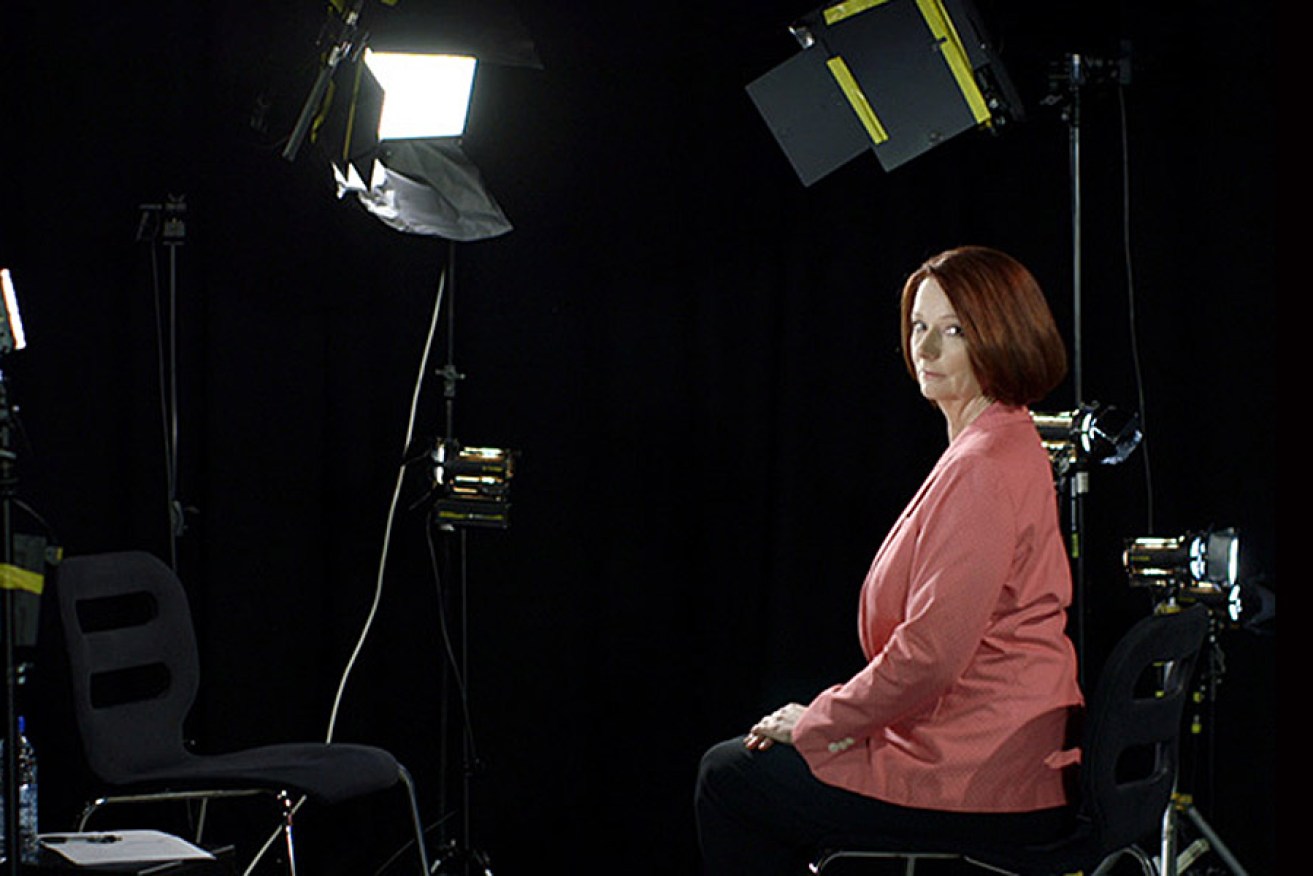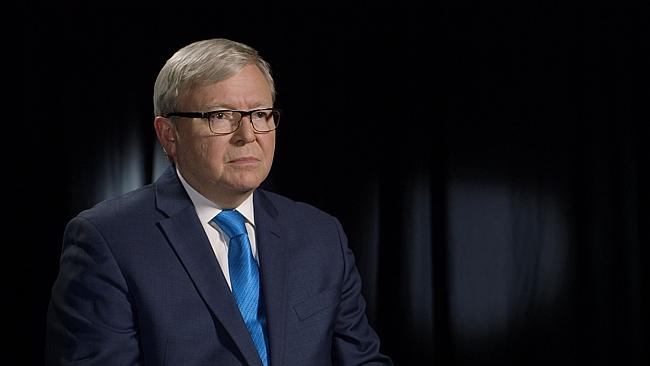Ever since it was announced seven months ago, one of the most-anticipated TV shows of the year has been The Killing Season, Sarah Ferguson’s three-part documentary covering the Gillard-Rudd years.
It’s a chapter of Australian politics defined by personal and political conflict that audiences simply can’t get enough of, and Ferguson has proven herself to be one of our most adept and exciting storytellers for the small screen.
But one big question has hung over the series: is there really anything to be said that hasn’t already been said? Every ounce of conflict, every detail of each backstabbing and every item of dirty laundry has already been dragged kicking and screaming out into the open, either through political necessity or the bitter ramblings of some jaded member of the Rudd-Gillard governments. Is there really any fresh juice left to be extracted?
Well, the answer is mostly no. The first episode, at least, features no stunning new revelations. Various news outlets have pounced upon Gillard’s accusations that Rudd physically intimidated and bullied her, but that’s about all there is that we haven’t heard before. Gillard has already released a long book outlining her conflicts with Rudd in plenty of detail, and Rudd has responded to her take on the events with his own.
And yet The Killing Season is a surprisingly thrilling political documentary, and undoubtedly the best Australian work in recent memory, for a number of reasons.
Firstly, there’s always a perverse thrill in watching relationships break down and old wounds being opened (Greg Combet is particularly forthright in his interviews). It’s not all that dissimilar to watching Jerry Springer, except for the fact that these are people with genuine influence.
Ferguson does a superb job of balancing the personal with the political — the major events and policies which were at the core of these conflicts are explained with clarity and a genuine sense of drama.
But more integral to the series’ success is Ferguson’s selection and use of archival footage. She’s largely got Rudd to thank for that; he was a politician who lived in and demanded the spotlight more than any other in recent memory. From radio interviews, to footage of Rudd comforting bushfire victims, to Rudd on Rove Live, there are thousands of hours of Rudd footage available.
Although the 24-hour news cycle can often rob us of the time necessary for intelligent, considered reflection, it also leaves us with a treasure trove of material to pore over when we’re ready to examine recent history.
While Ferguson’s skills as an interviewer are as strong as they’ve ever been, she doesn’t have to just rely on recounts to re-create pivotal moments. There’s somehow always some footage that can be used to demonstrate the point being made, even though the public image of the Rudd government was expertly crafted and didn’t necessarily match what was happening behind the scenes.
There are some brilliantly astute moments where she juxtaposes what the politicians are saying today with what they said several years ago (in one section she follows up a long discussion about the internal turmoil of the first Rudd government with Rudd and Gillard saying there’s never been major conflict between them). Or she uncovers a piece of footage which demonstrates an unusual reaction which can now be explained with the benefit of hindsight.
The breadth of material available to Ferguson is unprecedented, but there aren’t many who could spin it into dramatic gold. There’s a strength in that combination which puts The Killing Season into a class all of its own.
The Killing Season begins tonight (Tuesday) at 8.30pm on ABC and will also be available on ABC iView.
This article was first published on The Daily Review.






